10 Things to Know About Tankless Water Heaters
Tankless water heaters are becoming an increasingly popular choice for homeowners seeking energy efficiency, convenience, and modern comfort. Unlike traditional water heaters that store hot water in a tank, tankless systems heat water on demand. This eliminates standby heat loss and ensures a constant supply of hot water. However, before deciding whether this technology is right for your home, there are several important factors to consider. According to Contractor Magazine, the tankless water heater market is expected to be worth nearly $7 billion by 2030, showing just how much momentum this upgrade is gaining. To help you make an informed decision, here are 10 things to know about tankless water heaters.
1. How Tankless Water Heaters Work
A tankless water heater operates by heating water only when you turn on the faucet, shower, or appliance. When water flows through the unit, either a gas burner or an electric heating element instantly raises its temperature. This process is more efficient than storing hot water in a tank, where energy is constantly used to keep the water hot. Understanding this on-demand functionality is key to knowing how your system will perform in everyday use.
Many homeowners ask a plumber to explain the differences between traditional and tankless systems. One of the biggest differences is the elimination of storage. Traditional tanks can run out of hot water, especially when multiple showers and appliances are running at the same time. With a properly sized tankless unit, you’ll have hot water whenever you need it, without waiting for a tank to refill and reheat.
2. Energy Efficiency Advantages
Energy efficiency is one of the strongest selling points of tankless water heaters. Because they only operate when hot water is needed, these systems significantly reduce wasted energy. On average, a tankless unit can be 24–34% more efficient than a conventional storage tank, depending on how much hot water your household uses. This improved efficiency not only saves money but also reduces your environmental footprint.
When considering installation, ask your plumber about the potential energy savings based on your home’s size and water usage. While the upfront cost of a tankless unit is typically higher than a traditional water heater, many homeowners see long-term savings on their utility bills. In addition, rebates and tax incentives may be available in your area to offset installation costs.
3. Initial Costs and Installation
One of the main concerns homeowners have about tankless systems is the initial cost. A tankless water heater unit itself is usually more expensive than a traditional tank. Installation costs can also be higher, particularly if modifications to your plumbing or electrical system are needed. For example, gas-powered tankless heaters may require new venting or larger gas lines, while electric models could require upgrades to your electrical panel.
It’s important to get a detailed estimate from a plumber before committing to the purchase. While the initial price tag may seem steep, the long-term benefits—lower energy bills, longer system lifespan, and unlimited hot water—often justify the investment. A professional installation also ensures the system operates safely and efficiently from day one.
4. Lifespan and Durability
Tankless water heaters generally last longer than traditional storage tanks. While a standard tank water heater may last 10–12 years, tankless systems often operate for 20 years or more with proper maintenance. This extended lifespan can be a significant advantage, especially when weighed against the initial cost. Their durability comes from not storing large volumes of water, which reduces the risk of tank corrosion and leaks.
Your plumber can provide maintenance services to extend the life of your unit, such as descaling to remove mineral buildup and checking components for wear. Regular maintenance is especially important in areas with hard water, where mineral deposits can affect system performance. By keeping up with care, you maximize both efficiency and longevity.
5. Unlimited Hot Water Supply
One of the biggest appeals of a tankless water heater is the promise of endless hot water. Unlike a traditional tank that can run out after several showers, a tankless system heats water continuously as long as there is demand. This is particularly valuable for large families or households where multiple appliances run simultaneously.
However, it’s important to size your system correctly. A plumber can calculate your household’s hot water demand and recommend the right unit capacity. If the system is undersized, you may experience drops in water temperature when multiple outlets are used at once. Correct sizing ensures you’ll enjoy the benefit of uninterrupted hot water supply.
6. Space-Saving Design
Tankless water heaters are compact and wall-mounted, freeing up valuable space in your home. Traditional water heaters with storage tanks can take up an entire closet or basement corner, while a tankless unit can be installed in tight areas. This makes them an excellent choice for smaller homes, condos, and apartments where space is at a premium.
Ask your plumber about installation locations and whether indoor or outdoor mounting is the best fit for your home. The flexibility of placement adds convenience and allows you to maximize living space without sacrificing hot water access.
7. Environmental Benefits
Tankless water heaters not only save money but also reduce environmental impact. By lowering energy consumption, they help decrease greenhouse gas emissions associated with power and fuel use. This makes them an attractive option for eco-conscious homeowners looking to reduce their carbon footprint.
A plumber can also recommend eco-friendly upgrades such as integrating the tankless system with solar water heating panels. This combination further reduces reliance on fossil fuels and enhances sustainability, making your home more environmentally friendly.
8. Maintenance Requirements
Although tankless water heaters are durable, they do require regular maintenance to perform optimally. Mineral buildup, especially in areas with hard water, can affect efficiency and shorten lifespan if not addressed. Flushing the system once a year and checking filters are common tasks that keep the unit running smoothly.
Your plumber can set up a maintenance schedule to ensure your investment is protected. Many manufacturers also require regular servicing to maintain warranty coverage, so keeping up with maintenance isn’t just smart—it’s necessary. This proactive approach prevents costly repairs down the road.
9. Gas and Electric Models
Tankless water heaters come in both gas and electric versions, each with its own advantages. Gas-powered units typically provide higher flow rates, making them ideal for larger households. Electric models, on the other hand, are generally easier to install and may be more suitable for smaller homes with modest hot water demands.
Consulting with a plumber is essential when deciding between gas and electric models. They can assess your home’s infrastructure, energy costs, and usage patterns to determine which option delivers the best balance of performance and efficiency.
10. Market Growth and Future Trends
The growing popularity of tankless water heaters reflects broader trends in home improvement and energy efficiency. This rapid growth is fueled by rising consumer demand for sustainable, cost-effective solutions and technological advancements in heating systems. For homeowners, this means greater access to advanced models, improved efficiency, and competitive pricing in the coming years. By working with a plumber familiar with the latest products, you can stay ahead of the curve and make an investment that benefits your home long-term.
Tankless water heaters offer many advantages, from endless hot water and energy savings to space efficiency and environmental benefits. While the initial cost may be higher, their durability and long-term performance make them an excellent investment for many households. Consulting with a knowledgeable plumber ensures proper sizing, installation, and maintenance, allowing you to enjoy the full benefits of this technology. At A Direda Plumbing Heating & Air Conditioning, we specialize in helping homeowners choose and install the right tankless water heater to meet their needs, providing reliable service and expert guidance every step of the way.

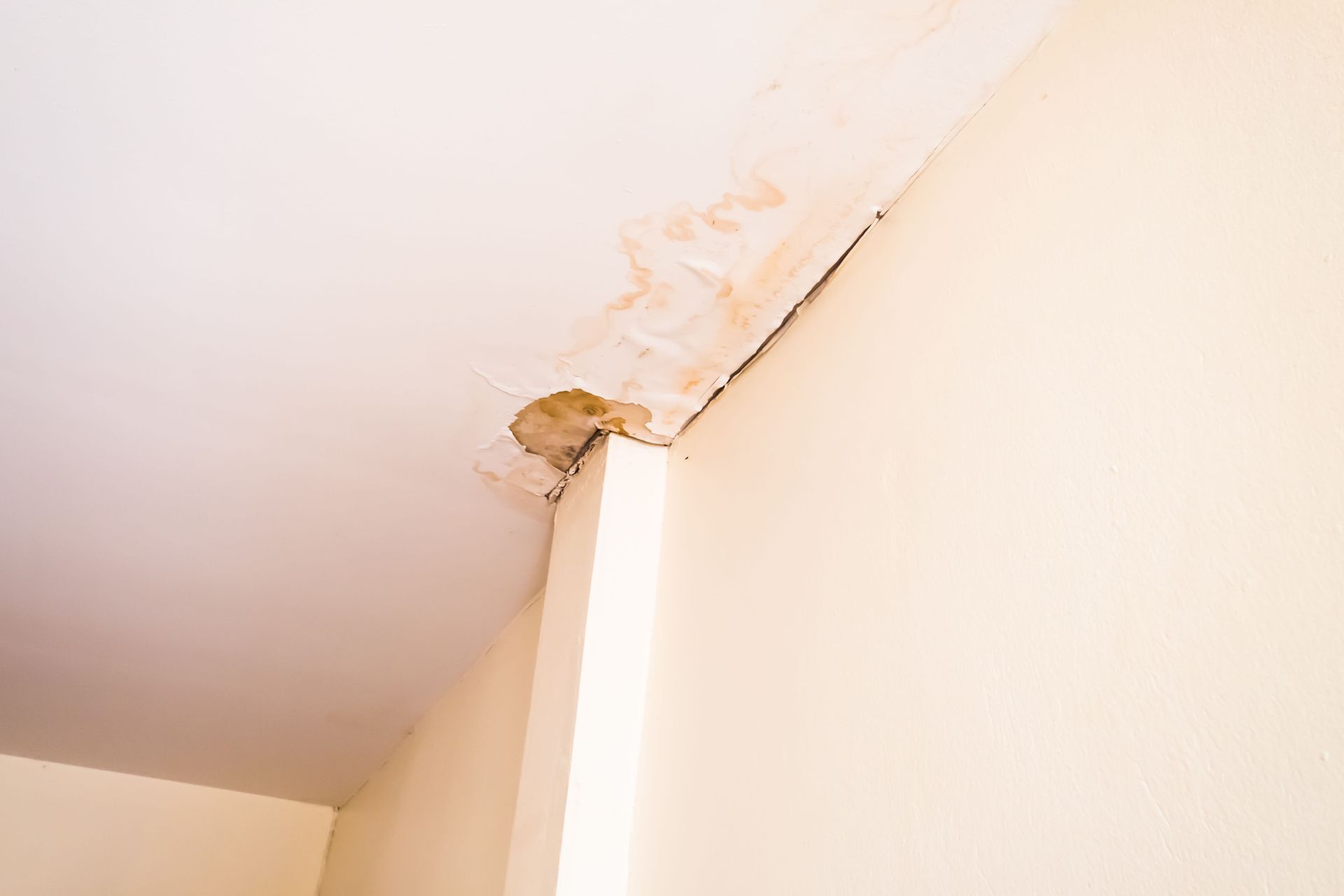
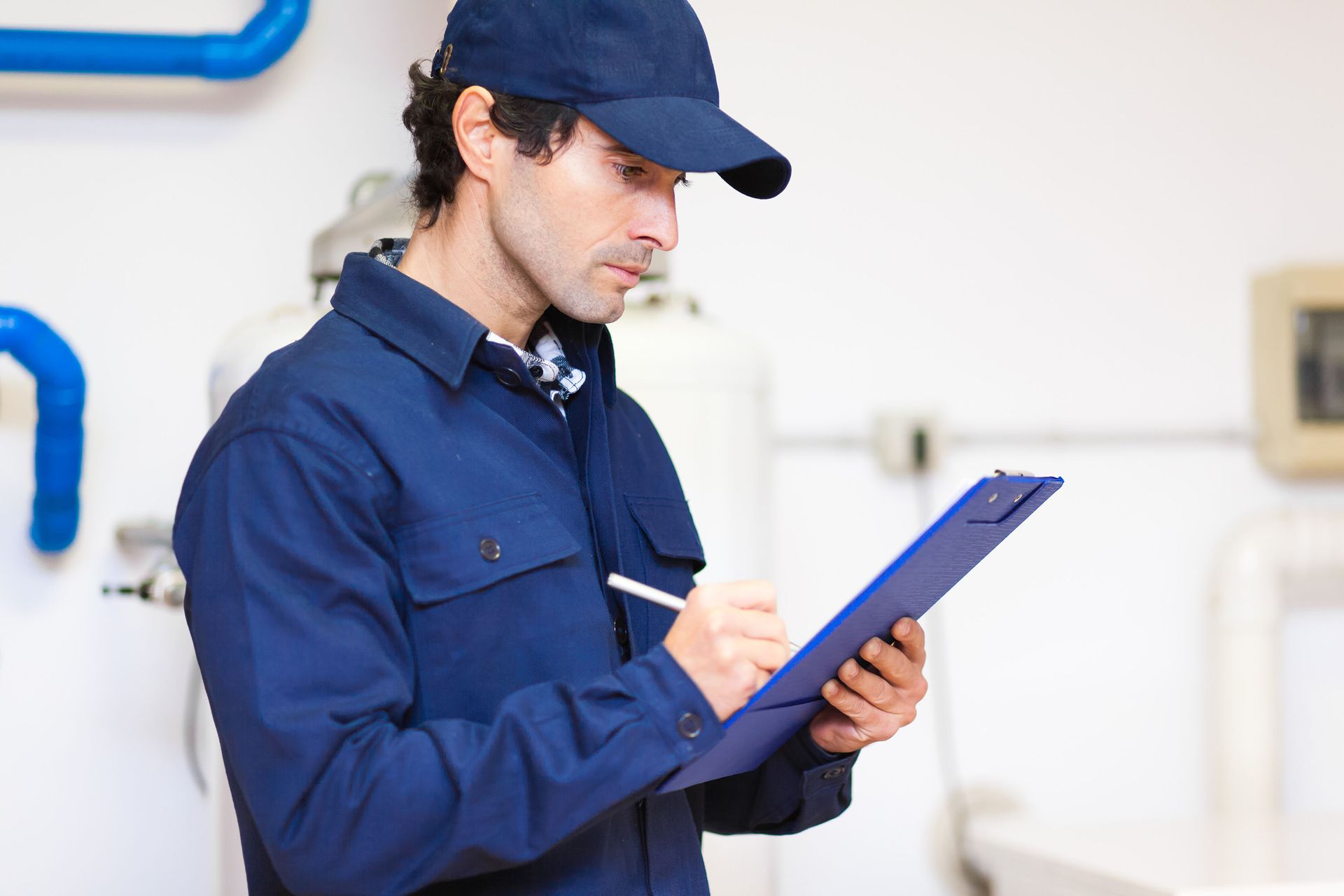
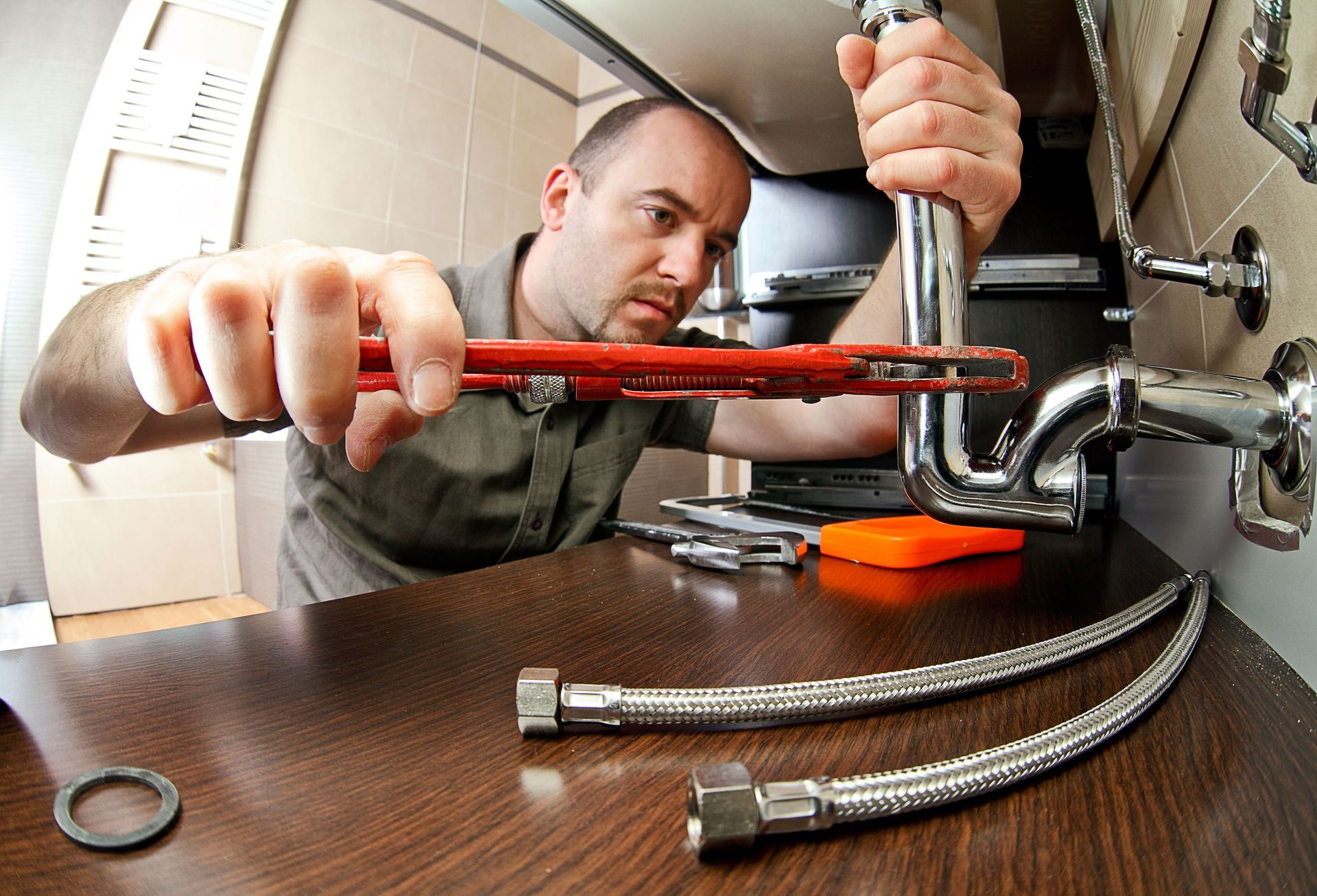
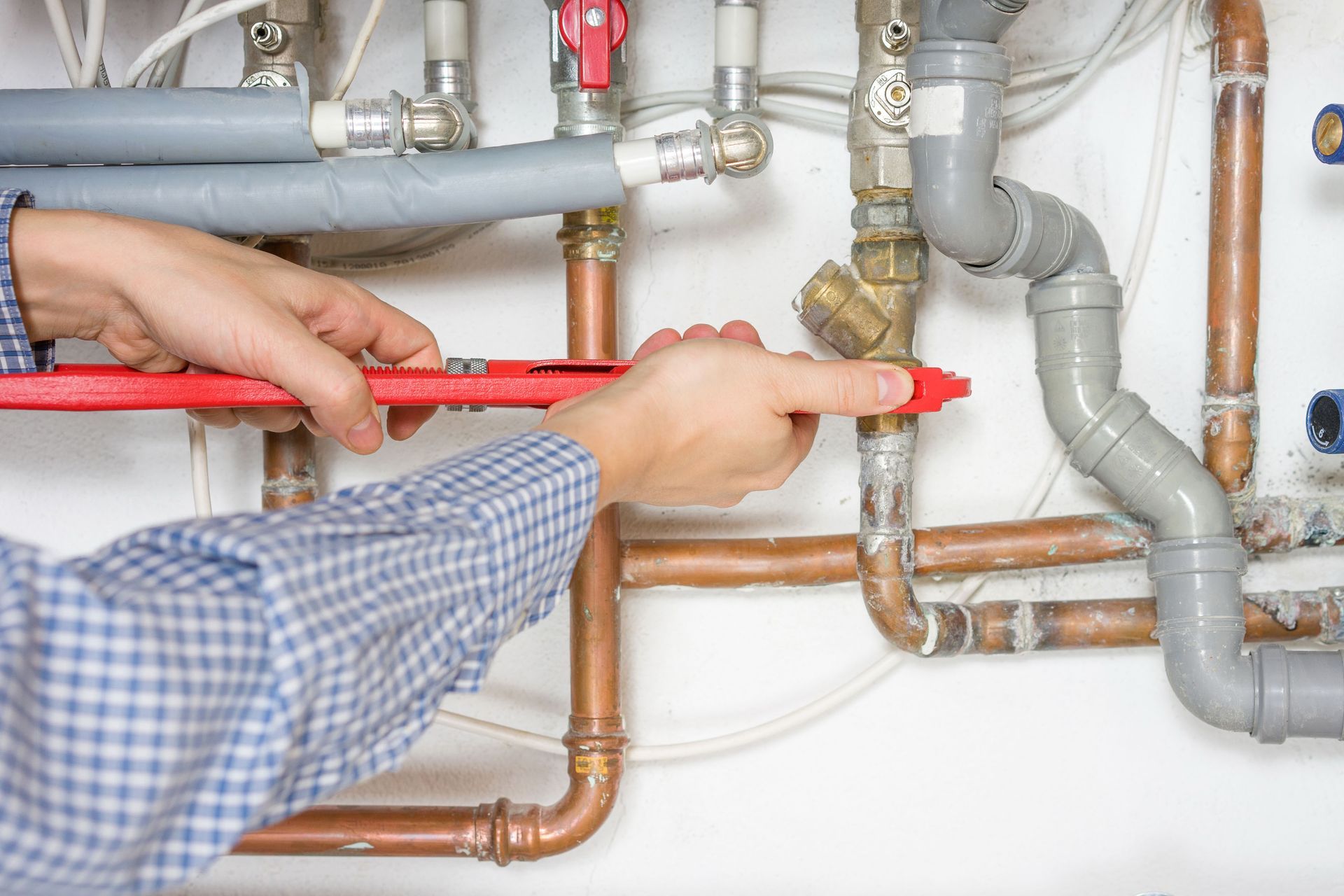
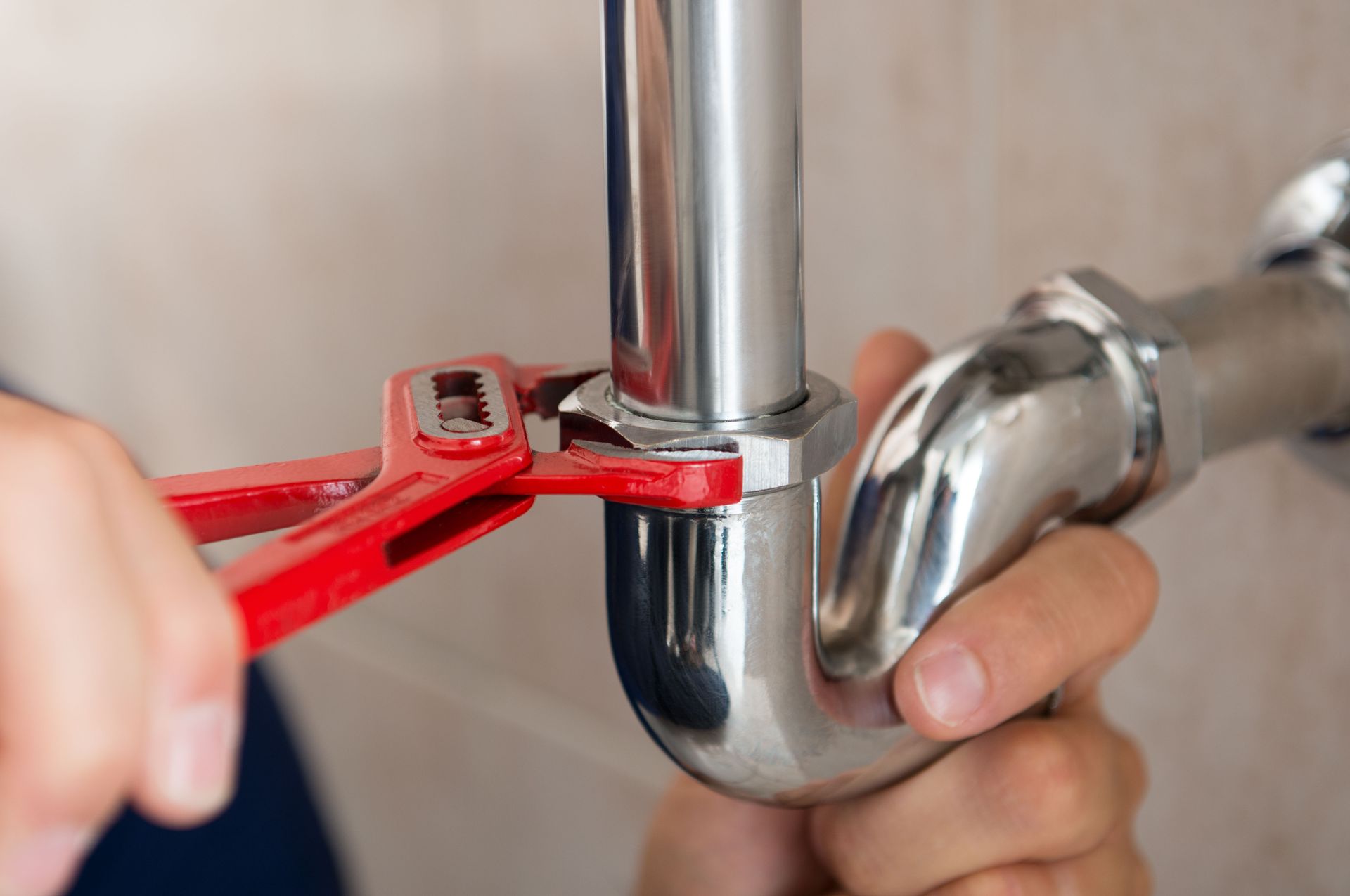
Share On: